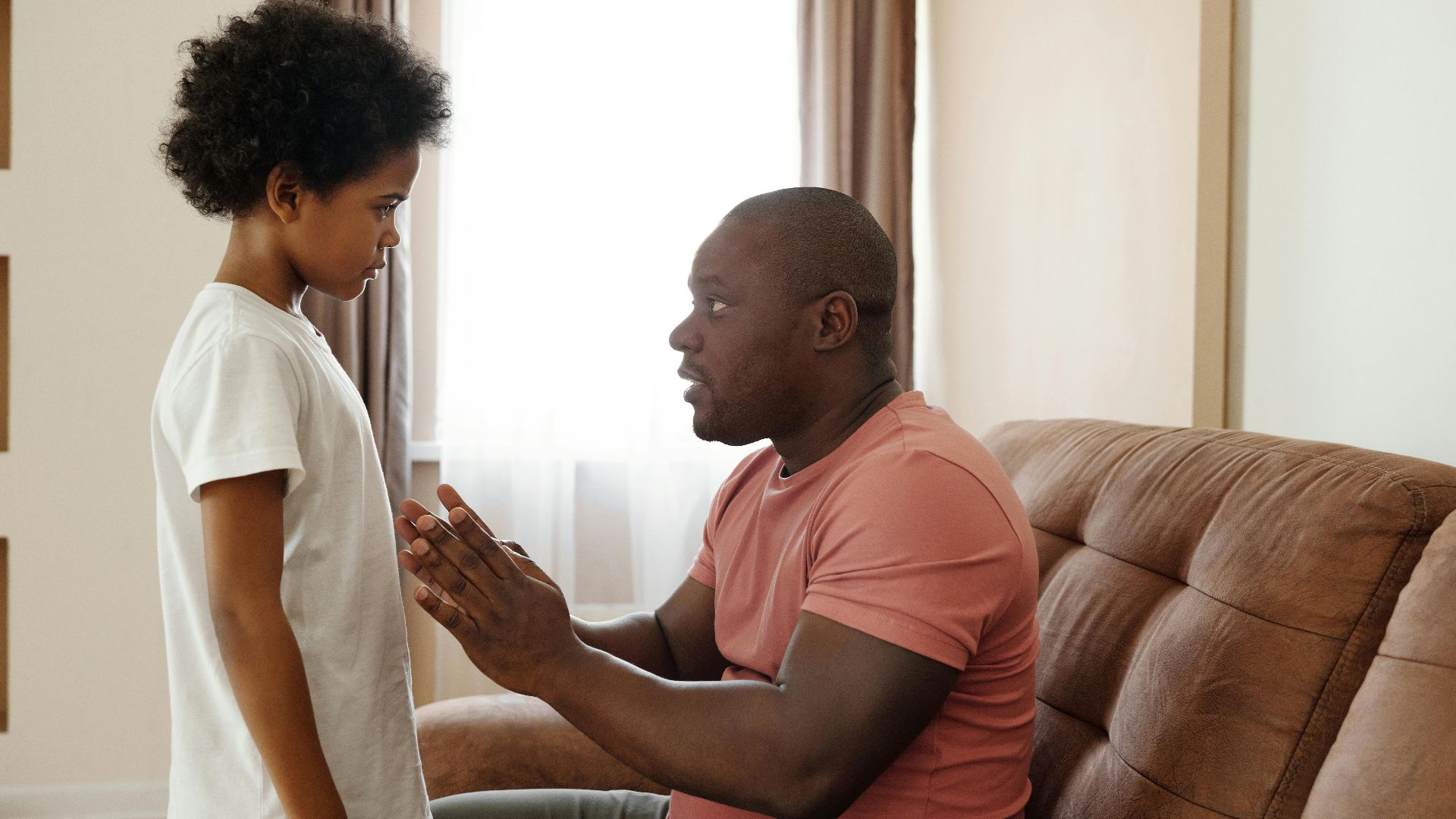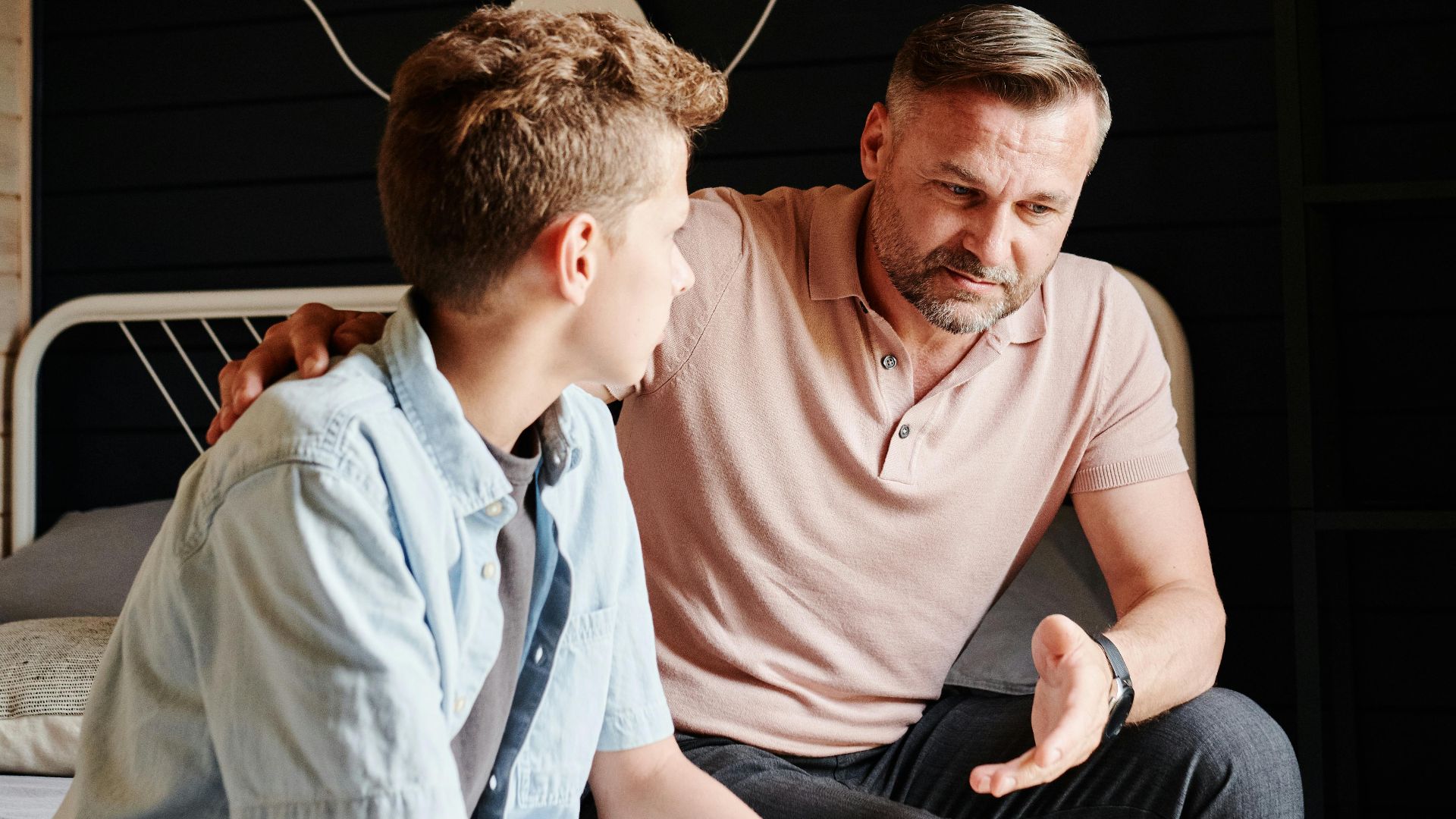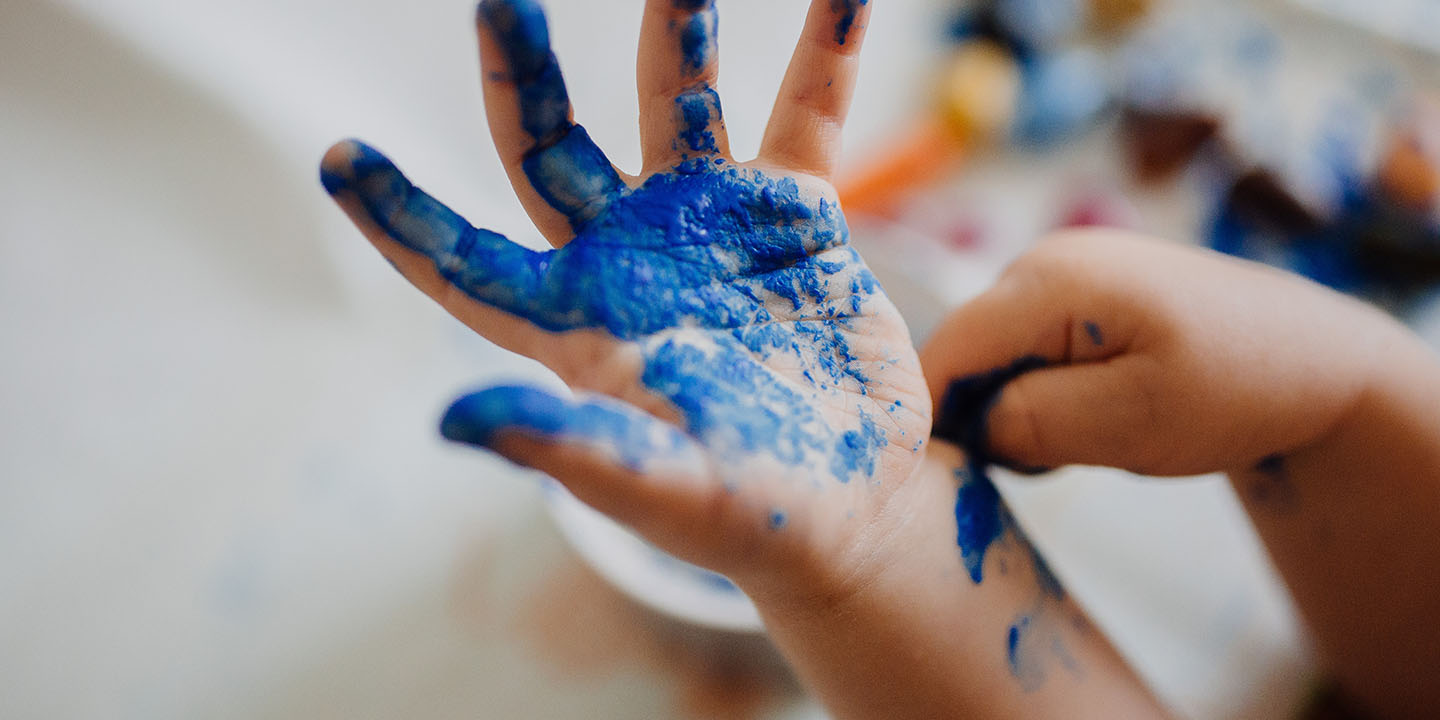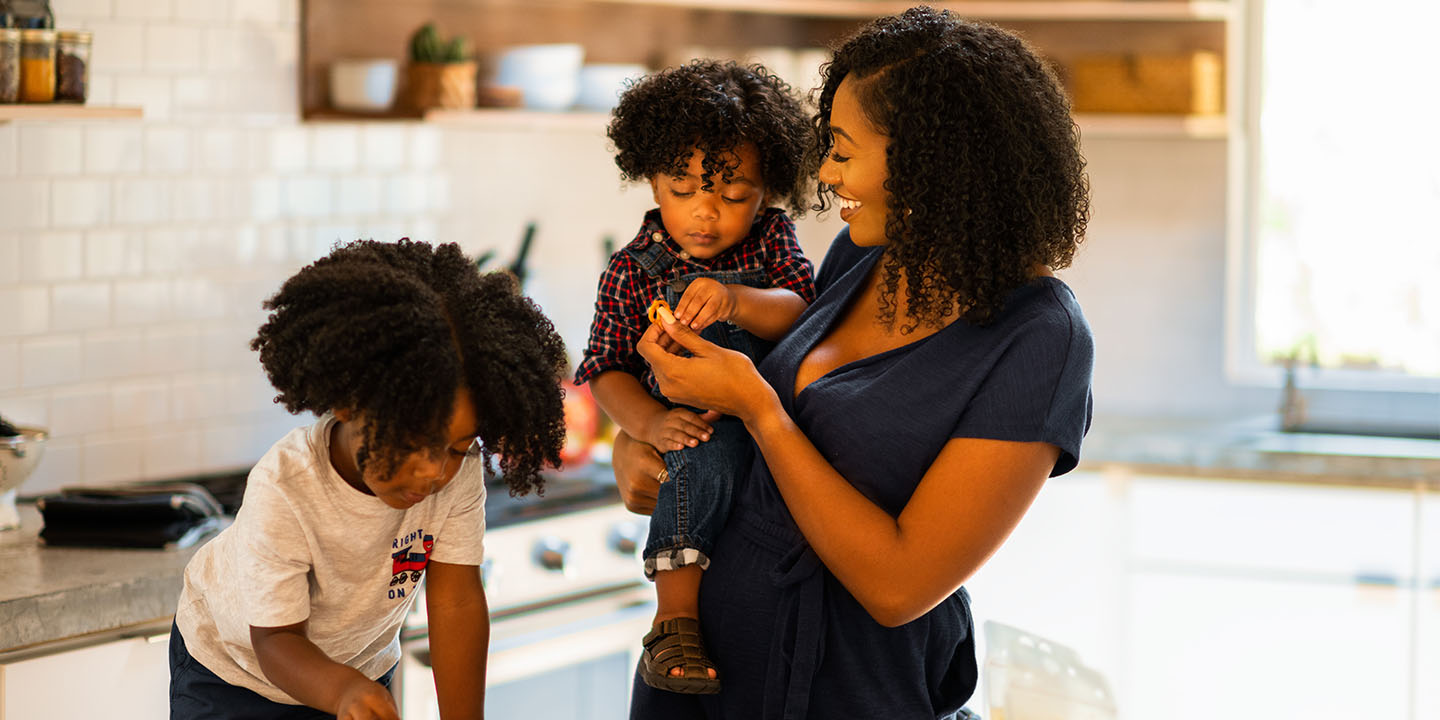Actions Speak Loudest
Kids are like tiny detectives, constantly gathering evidence about how the world works by studying their favorite subjects: their parents. They notice everything. How you handle stress, treat others, and solve problems becomes their life manual. The pressure sounds overwhelming, but the goal is to be the person you want your child to become. So, here are some opportunities to turn that constant observation into character-building gold.
1. Manage Emotions
Your toddler throws a tantrum because their toy broke, and instead of losing your cool, you take a deep breath and calmly say, "I understand you're upset." What happens next is fascinating—children naturally copy how their parents respond to disappointment and stress.
2. Listen Actively
Here's something most elders don't realize. When you put away your phone during conversations, you're teaching your kid that relationships matter more than distractions. They develop better communication skills when they see you truly listening to others, mirroring every conversation habit.
 Photo By: Kaboompics.com on Pexels
Photo By: Kaboompics.com on Pexels
3. Show Respect
Every interaction you have becomes your child's relationship handbook. How you treat your spouse, friends, and strangers is their blueprint for human connection. Children who see parents speak kindly to service workers learn empathy and consideration that extends beyond the family home.
4. Own Mistakes
You need to look your child in the eye and say, "I was wrong." Children learn accountability by watching elders own up to their errors honestly, developing stronger moral compasses. Taking blame without making excuses shows them that integrity is valued over ego.
5. Keep Promises
Following through on what you say builds trust and teaches reliability in ways that shape how they'll honor their own commitments as adults. For instance, when you promise to read a bedtime story and follow through. Trust is built in the smallest moments.
6. Resolve Conflicts
Arguments are inevitable, but how you handle them determines whether your child learns healthy problem-solving or destructive patterns. Showing how to compromise teaches children that relationships require give and take, while staying calm during arguments helps them manage conflict effectively.
7. Express Gratitude
"Thank you"—two simple words that change households when spoken genuinely. When kids hear people say "thank you," they often become naturally more grateful themselves, learning to notice and acknowledge kindness. Grateful parents raise individuals who focus on positives rather than complaints.
8. Retain Curiosity
Did you know that your genuine excitement about learning something new is one of the most contagious gifts you can give your youngster? It's reportedly true that enthusiasm for knowledge gets contagious and inspires lifelong learning in ways textbooks never could.
9. Work Hard
There's something magical about viewing a parent persist through challenging tasks. Apparently, it plants seeds of determination that bloom throughout a child's lifetime. After all, effort and persistence are more important than natural talent alone, as they help develop better study habits.
10. Stay Patient
Traffic jams, long grocery store lines, slow internet—these everyday annoyances become teachable moments when you choose patience over frustration. Your patience during mundane situations can be your child's template for waiting and handling life's inevitable delays. Kids learn emotional control through these actions.
11. Practice Self-Care
Self-care isn't selfish. Rather, it's a highly important lesson you can model for your little one about living a balanced, healthy life. Children learn that taking care of themselves is vital by watching caretakers prioritize wellness and develop better boundary-setting skills.
12. Accept Diversity
Imagine the profound impact when your baby watches you warmly greet the new neighbor who practices unfamiliar traditions. Children cultivate acceptance and tolerance, realizing that differences make the world enjoyable rather than threatening. Always be open to different cultures, beliefs, and lifestyles.
13. Forgive Others
Holding grudges is like gulping poison and expecting someone else to suffer. Well, your youngsters will absorb this toxic pattern if you refuse to let go of anger. Your willingness to forgive tells them that holding onto anger hurts them the most.
 Photo By: Kaboompics.com on Pexels
Photo By: Kaboompics.com on Pexels
14. Demonstrate Financial Responsibility
Behind every financially responsible adult is often an elder who openly discussed budgets, savings, and smart spending without shame or secrecy. Budding individuals copy their parents' shopping habits and attitudes toward material possessions. They figure out money management by witnessing spending and saving decisions.
15. Do Community Service
Children should know that privilege and true fulfillment come with the obligation to help those less fortunate. Whether it's bringing soup to a sick neighbor or volunteering at a local shelter, these acts plant seeds of social consciousness that bloom into lifelong service.
16. Be Punctual
Time is respect made visible, and this lesson is learnt every time you arrive when you say you will or keep them waiting unnecessarily. Your relationship with time teaches kids about reliability, consideration for others, and the value of maintaining commitments.
17. Follow Rules
What happens when nobody's watching reveals true character. Of course, children are always watching how you respond to rules, laws, and authority figures, so be mindful. Your respect for authority tells them that society functions best when everyone follows guidelines.
18. Communicate Openly
Vulnerability might feel scary, but when caretakers share their struggles and problem-solving process, they give their little ones invaluable tools for tackling challenges. Those who hear parents talk through difficulties gain stronger analytical abilities and understand that problems are a part of life.
19. Protect The Environment
Every recycled bottle, every turned-off light, every reusable bag carries a message about stewardship that shapes how young kids will treat the planet. Your environmental consciousness directs them to recognize their responsibility to future generations, creating adults who think beyond their immediate needs.
20. Reflect Spiritually
In quiet moments of prayer, meditation, or moral contemplation, you're modeling something deep: that life's biggest questions deserve thoughtful consideration and ongoing growth. After all, having strong values requires ongoing thought and commitment, not just blind acceptance of inherited beliefs.


























